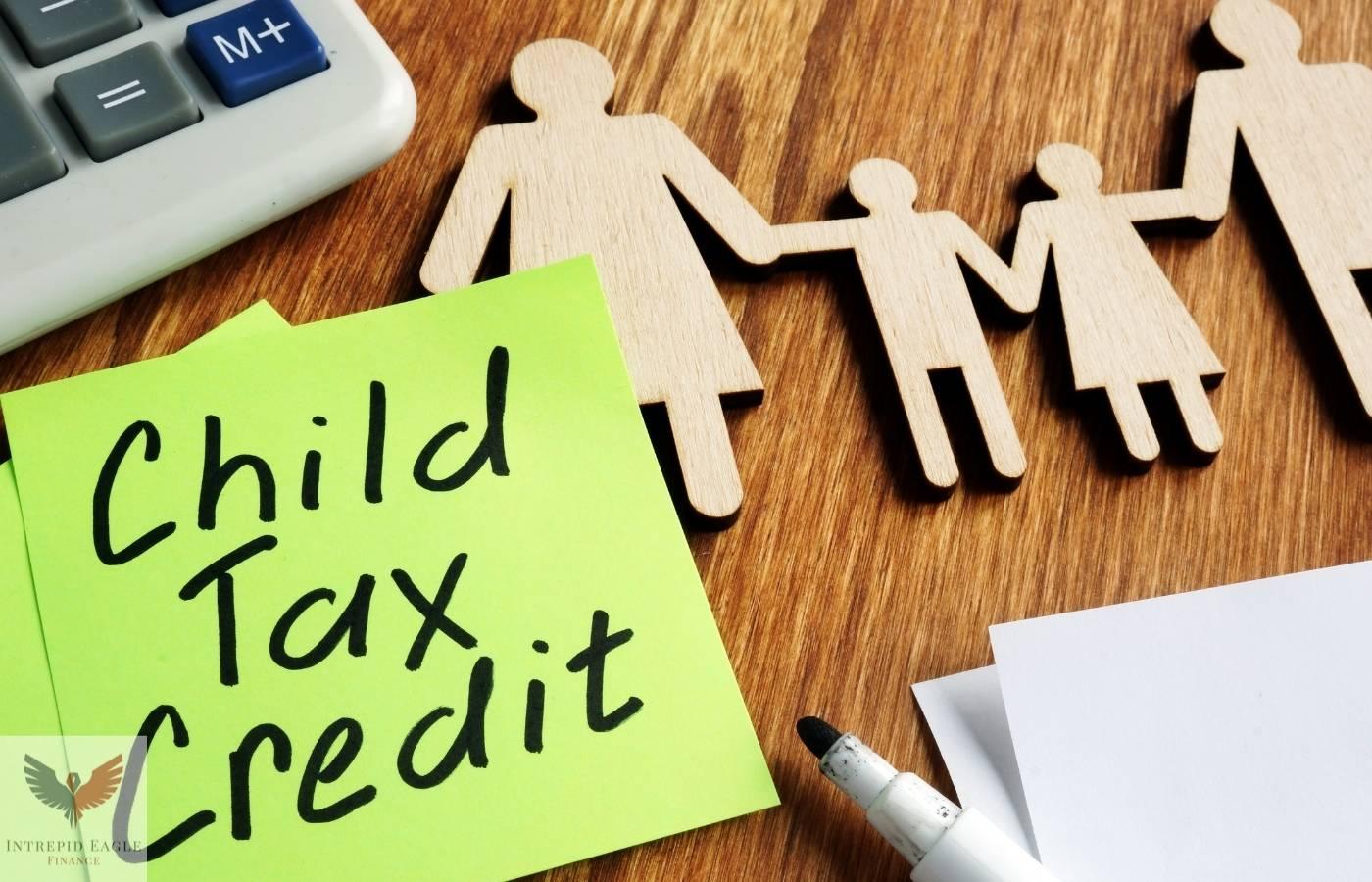The president of America, Joe Biden, has asked the Congress to renew the Child Tax Credit payments “so that nobody has to raise a family in poverty.”
The final payment will be received by parents nationwide with their 2021 tax refunds. As per the Outsider report, in 2023, the credit will revert to a worth of $2,000 if Congress does not act.
Nevertheless, Biden believes that restoring last year’s direct deposits could be beneficial in many ways.
President Biden Want to Save 9 Million Children from Poverty
As part of the enhanced child tax credit, the government began issuing up to $300 per eligible child per month last summer.
Through the American Rescue Plan, Congress extended those payments.
The Child Tax Credit is estimated to have benefited 90% of U.S. children. As Biden stated, millions of children were lifted out of poverty thanks to the extra money.
Cnet reports that nearly 3.7 million children fell below the poverty line when the payments stopped in January.
One out of seven U.S. children, or 13 million children, lives in poverty, according to Urban Institute principal research associate Elaine Maag. With extended child tax credit payments, however, that number would decrease by 40%, meaning 9 million fewer children would struggle.
Read More: California residents pay more for fuel than everyone else in the country, but why?
Inflation could be Reduced by the Monthly Payments
Inflation reached 7.5% just as the Child Tax Credit ended. The extra payments hurt families who had become accustomed to them in multiple ways.
Nonetheless, the program would help these parents afford necessities like groceries, gas, rent, mortgage, and diapers if they were to be restarted. Thus, the money would reduce inflation.
Child Tax Credit Stand to Put Parents Back Ahead
Child care costs are too high for many families. Consequently, one parent often ends up staying at home instead of going to work. However, Biden’s child tax credit may provide extra cash for parents to spend on daycare or babysitters, allowing them to return to work.
This would certainly affect employment numbers, as Maag mentioned.
However, the payments could also offer some parents an opportunity to stay home with their children rather than send them to daycare.
The additional $300 per child may allow them to ditch their secondary income and more comfortably support their families.

